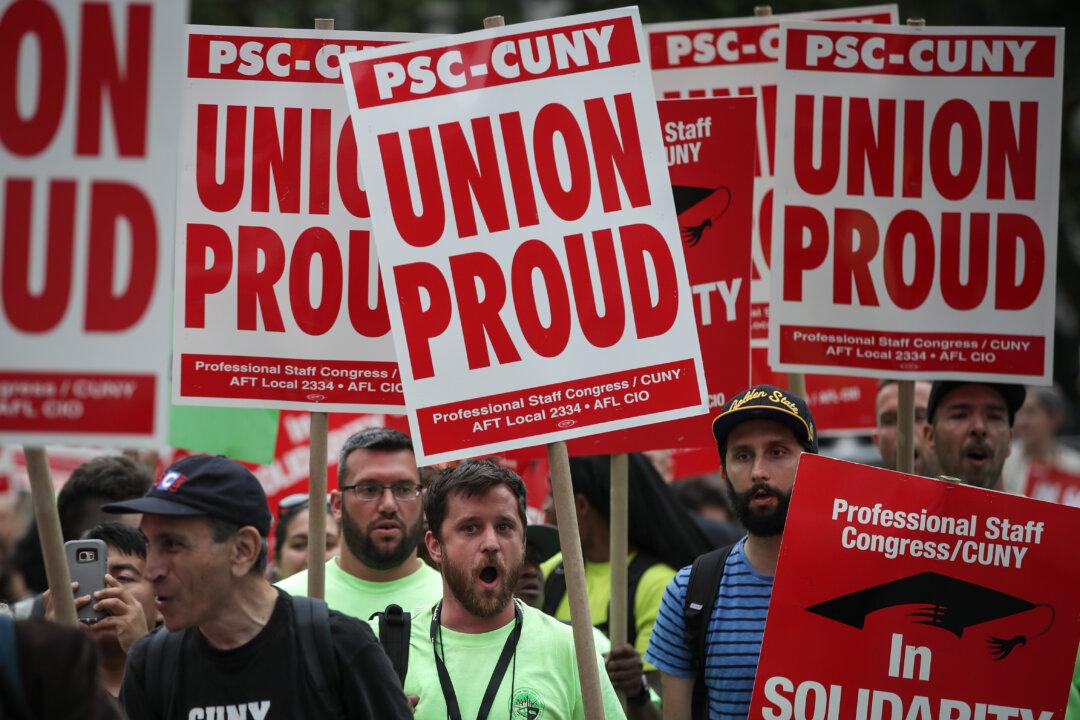A Chicago Transit Authority (CTA) worker is petitioning the U.S. Supreme Court to decide whether the union dues he was forced to pay must be returned, thanks to the 2018 Janus v. American Federation of State, County, and Municipal Employees Union (AFSCME) decision.
Benito Casanova was forced to pay dues to the local chapter of the International Association of Machinists and Aerospace Workers (IAM) that represents CTA workers. He’s represented by attorneys for the National Right to Work Legal Foundation (NRTWLF).





